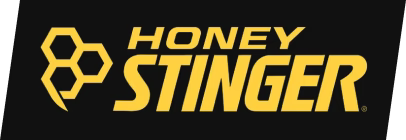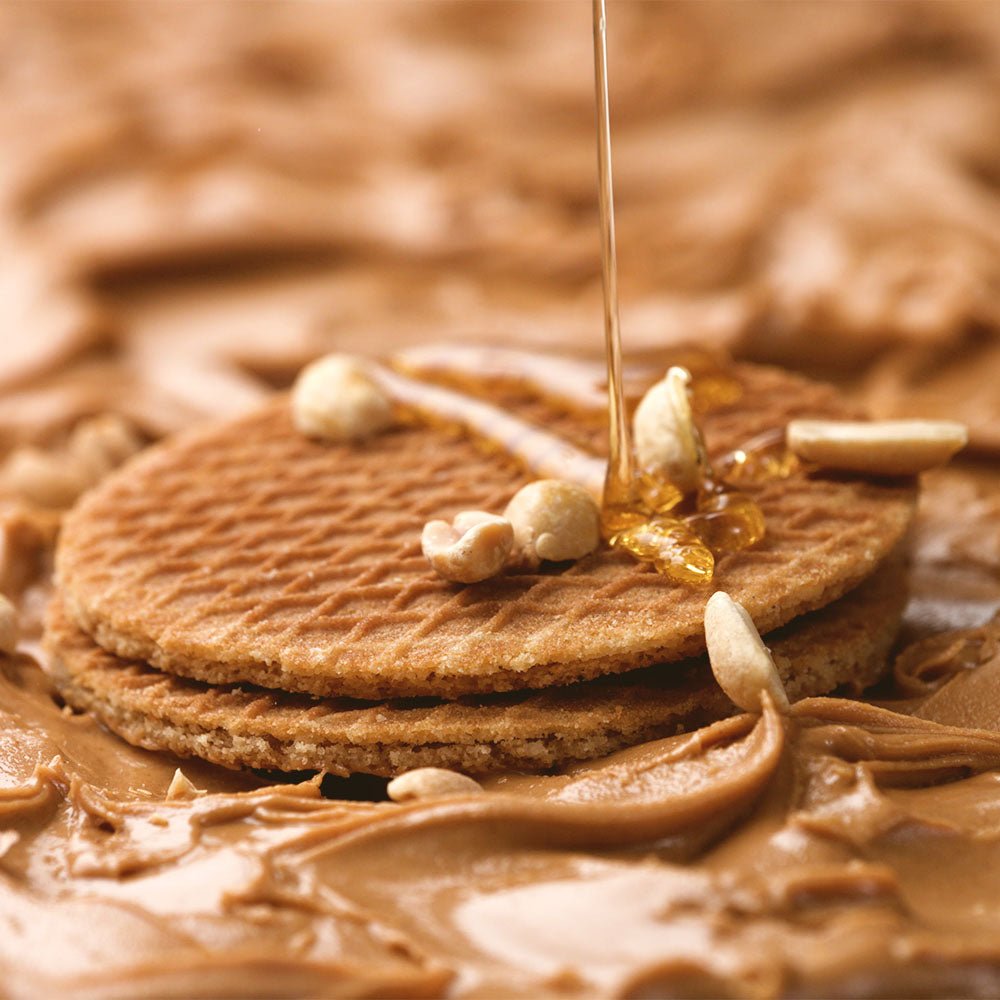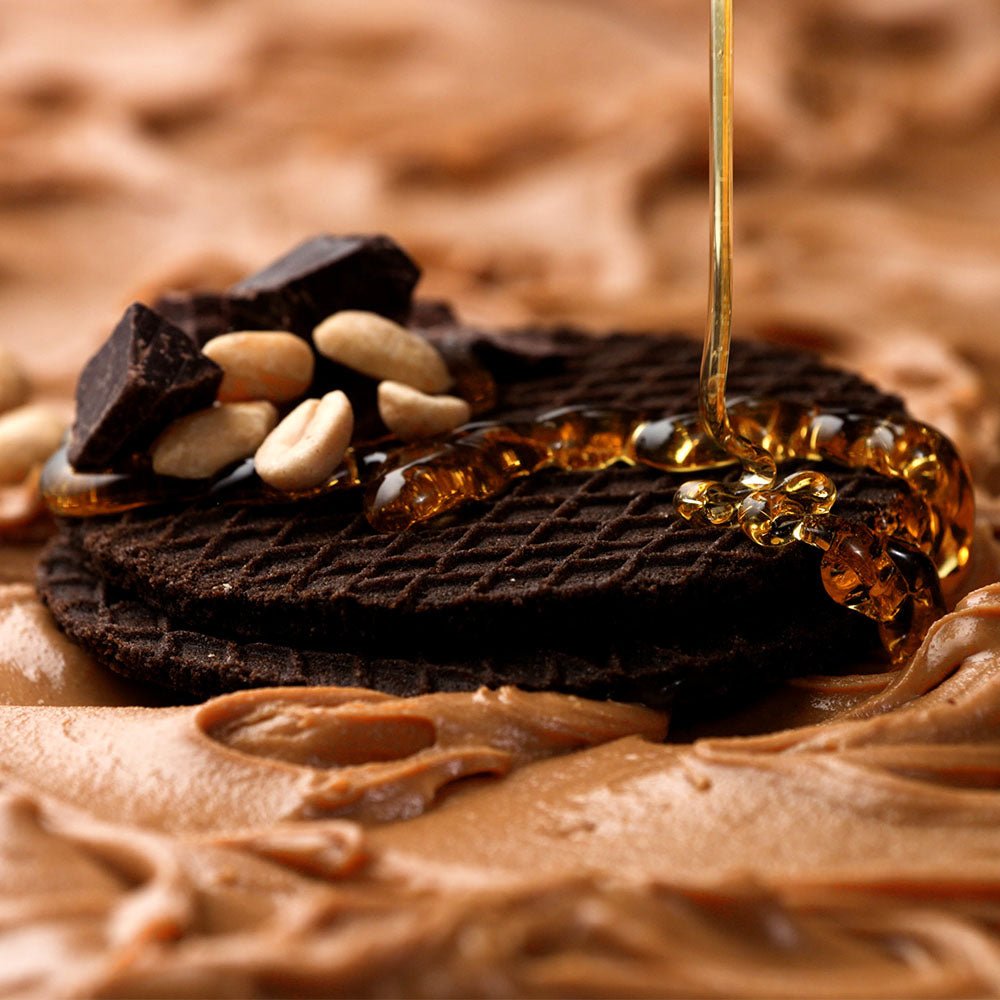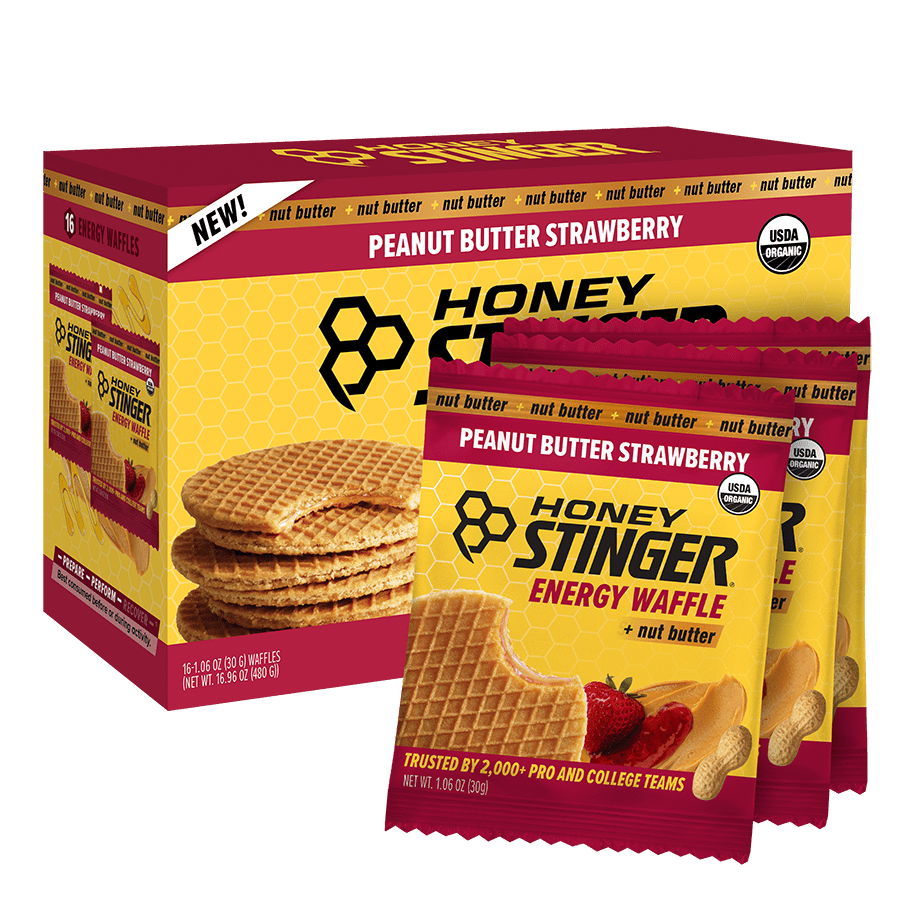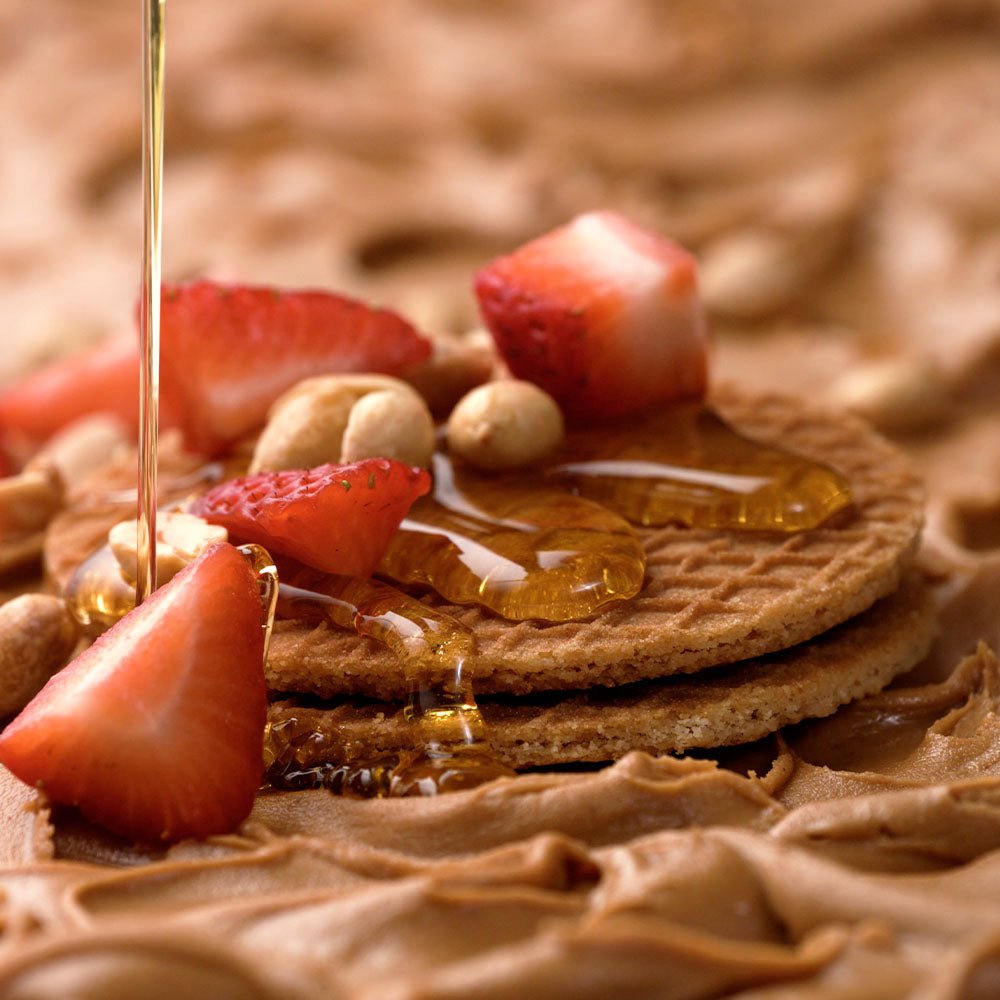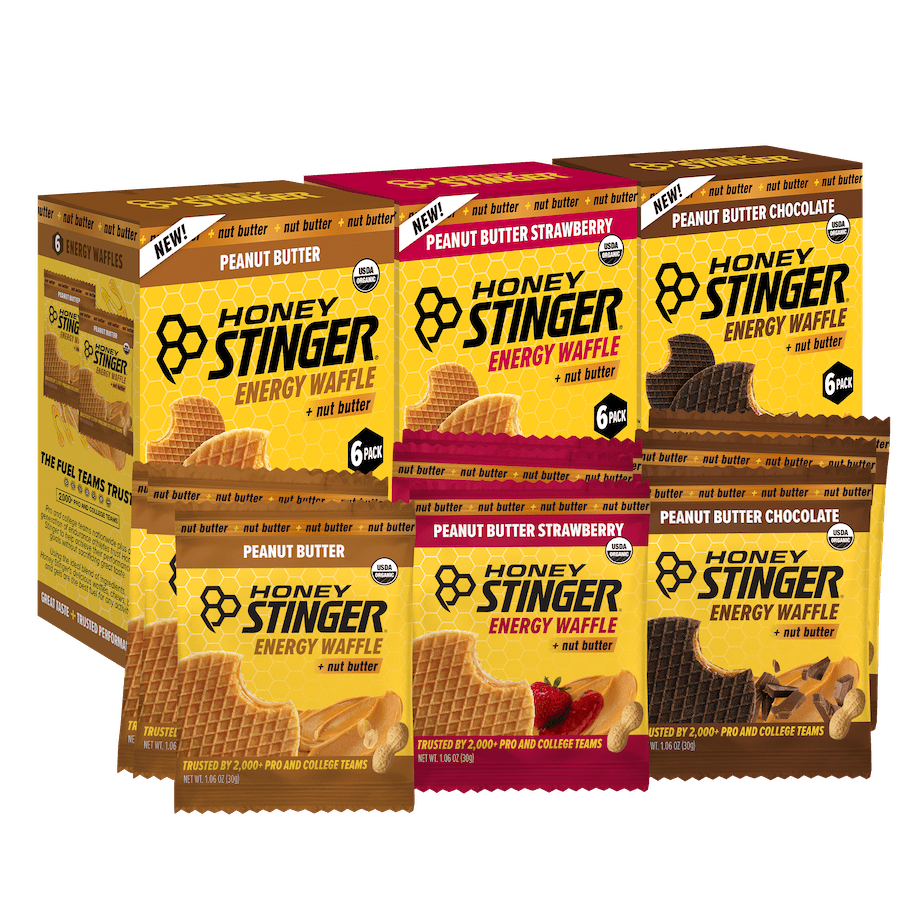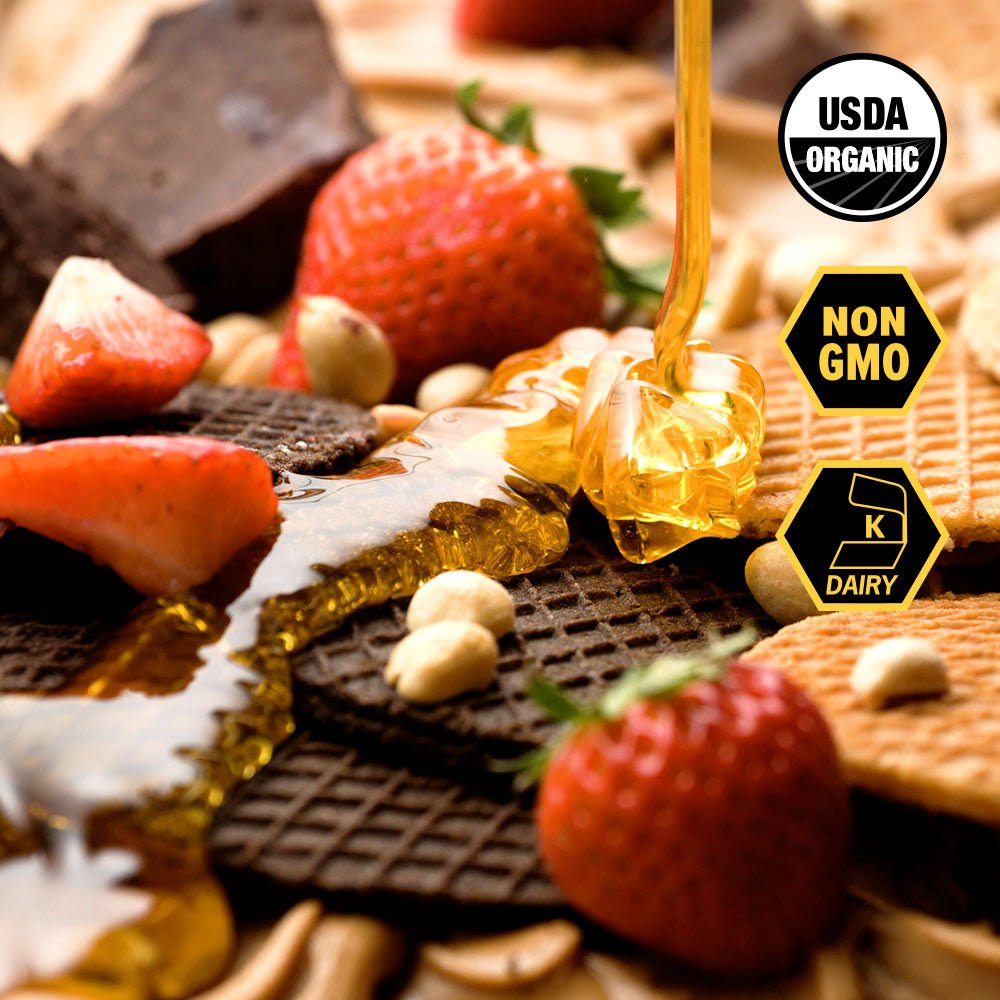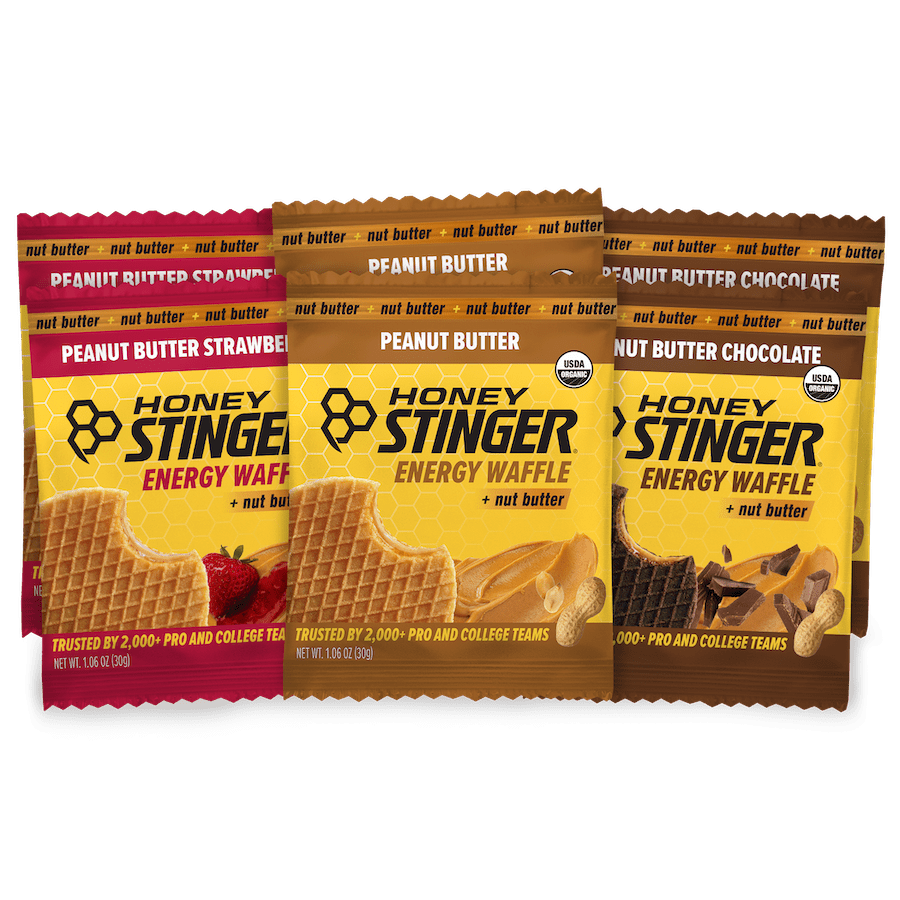Celebrating Pride Month with Emily Alvarado

When did you first get interested in soccer? What drew you in initially?
I've been playing soccer since I was 3 years old. Both my parents played soccer growing up. The second I started walking, my dad was like “all right, we’re putting you on a team”. I fell in love with the sport. I've had a lot of amazing opportunities come through soccer, which I'm super grateful for. My dad was my coach up until I graduated high school. Definitely a family affair. Both my sisters play soccer too so every weekend was spent going to soccer tournaments.
What is your earliest memory when it comes to soccer?
My club in El Paso, TX would train at my elementary school. I always remember feeling so cool that I was at school after hours, playing soccer and having fun with my friends. I say to myself, even now as a pro, that the day that I stop having fun, I'm going to retire, because for me, that's what it's always been about.
Who are your biggest inspirations or role models when you were starting out?
A lot of my cousins played soccer too. One of my older cousins was a goalkeeper as well and he would actually train me sometimes when I was younger. He would just come over to the house and kick the ball at me a couple of times. I’m very close with my family so seeing my older cousins playing was always very inspiring to me. Both my parents played so they’re a huge inspiration to me. More on the professional side, goalkeepers that I look up to and that I still watch Youtube videos of today are Gianluigi Buffon, Iker Casillas, Briana Scurry from the US National Team, and Peter Schmeichel.
What are some of the biggest challenges you faced as a young athlete?
As a young athlete, I think it’s always just finding balance. As I got older and started to play soccer more competitively with higher stakes, I was always trying to find the right balance of making sure that I was still focusing on my studies and focusing on my school work. Having a good social life is important and making sure I’m hanging out with my friends but at the same time making sure that I’m putting the necessary amount of focus and energy on soccer, because back then that is what I knew I wanted to do in the long run. Didn’t know that I would have as many opportunities as I do today but it was definitely something that younger me was thinking about. I am very lucky to have an extremely supportive family who did everything in their power to make sure that I had all the necessary resources to fulfill my potential. So yeah, it was just making sure that I was able to give my all to everything.
How does your family support your athletic pursuits when you were growing up?
My parents made a lot of sacrifices for me growing up. Sacrificing their money and their time to make sure that I was getting the necessary resources to fulfill my dreams. It was actually pretty funny - when I was about 12 or 13 years old, my mom sat me down and she asked, “What do you want to do? What is your dream? What do you want to achieve? And is soccer what you want to do with your life?” and I responded “Yeah, I want to play on a national team. I want to go to a world cup. I want to play in the Olympics. I want to play in college and be a pro.” I had all these huge aspirations for myself as a soccer player and she said “Okay, then that’s what we’re going to do. But we’re going to need all of your commitment, all of your determination and everything else. The rest we’ll take care of, so just focus on giving your 100% every day.” So for me, I was really lucky to have parents that were willing to buckle down and really do what was necessary to help me achieve my dreams.
Can you share your journey of coming out as gay and how it intersected with your career in professional soccer?
I first came out my sophomore year of college when I was attending TCU. For me, it wasn’t the easiest journey. When I got to TCU, I was in a new environment, on a new team, and at a new school. I was very nervous to put myself out there but slowly, TCU became a safe haven for me. I had an amazing support system of teammates, coaches, professors, staff members, as well as family back home. So slowly but surely I became more comfortable and started coming out to people. I was always met with a lot of positivity and a lot of love and support. Which made me more confident in myself and I think that directly correlated to my performance on the field. I have always seen a direct correlation with my performance in soccer and how happy I am off the field so I feel like having those two things are very important. Support is the reason I’ve been able to catapult into the professional world and professional athletics.
What are some of the biggest challenges you have faced as an openly gay professional athlete?
As a professional athlete our lives are always in the public eye so because of that people feel that they have a right to comment and say things that they think, even when they’re not nice. Sometimes you read a comment on Instagram and even though the opinions of those people shouldn’t matter, it still gets to you. There’s been times where I've had to take breaks from social media and block all the outside noise out. I always try to remind myself that the only opinions that matter are the ones that come from inside of my circle which is my family, friends, teammates, and my coaches. So as long as I’m being a good daughter, friend, and teammate, then I’m happy.
Do you feel that being authentic about your identity has positively or negatively impacted your career?
It definitely is positively impacting my career. Like I mentioned earlier, for me when I’m most happy off the field, it’s also helping my performance on the field. When you’re your authentic self and you have self confidence and belief, it translates into the professional world as well.
How important do you think visibility and representation are for LGBTQ+ athletes in professional sports?
Visibility is so important. I remember when I was in high school and was first coming to terms with my sexuality, I was always on Youtube trying to see if I could find role models and people that are living the life that I want to live. As I got older there’s been some very courageous and brave people that have come out and have put their lives out there for everyone to see and I’m extremely grateful for those people. As new generations start coming into the sport, it's important for them to have someone to look up to that has the same type of lifestyle that they want to live and know that being gay and being successful isn’t mutually exclusive.
What message do you hope to send to young LGBTQ+ athletes who look up to you?
Be yourself and surround yourself with people that uplift you. I’ve always found comfort in the fact that if I work hard and do what I’m supposed to do then everything will come to fruition sooner or later. So keep doing the right thing. Keep working hard. Forge your own path. Don’t compare yourself to other people and things that others are doing. Just focus on yourself and focus on getting better every day. Everything will turn out okay.
What changes would you like to see in the professional sports world that make it more inclusive for LGBTQ+ individuals?
Women sports in general are doing an amazing job of bringing inclusivity to all different types of sports. We’ve seen a lot of strides in the WNBA and the NWSL. But the big thing that I would love to see is more from the men’s side. I feel like they could use a bit more representation on their end.
What advice would you give to other athletes who are considering coming out?
Do it on your own time. When you feel safe and comfortable. No matter if it’s hard, don’t let the external factors push you to come out earlier than you’re wanting to.
How can allies within the sports community best support LGBTQ+ teammates and colleagues?
The biggest thing with being a good ally goes hand in hand with being a good teammate. Making sure that you’re contributing to an environment that’s respectful, open, and inclusive. The most successful teams that I’ve been on have had a culture of respect and inclusivity across the whole board. Whether someone is gay or not, having mutual respect for the person that’s by your side on the field is huge.
What are your hopes and goals for the future, both personally and for the broader LGBTQ+ community in sports?
Personally, I just got to Portland about a month and a half ago and have already fallen in love with the club and fan base, so I would love to bring a championship here to Portland. It would be great to add another one to the mantle for the fans because they deserve it. They come out in full force every game. It’s been really inspiring to see. Long term, I’d love to get Mexico back to a World Cup. Unfortunately, we missed out on the 2023 World Cup so I have my eye set on helping us qualify for 2027 and representing Mexico at that World Cup. For the LGBTQ+ Community, I hope that we keep making strides forward. I always say that there’s power in diversity so I hope more people are courageous and brave enough to share their stories and experiences because that is what makes us better as a community.
